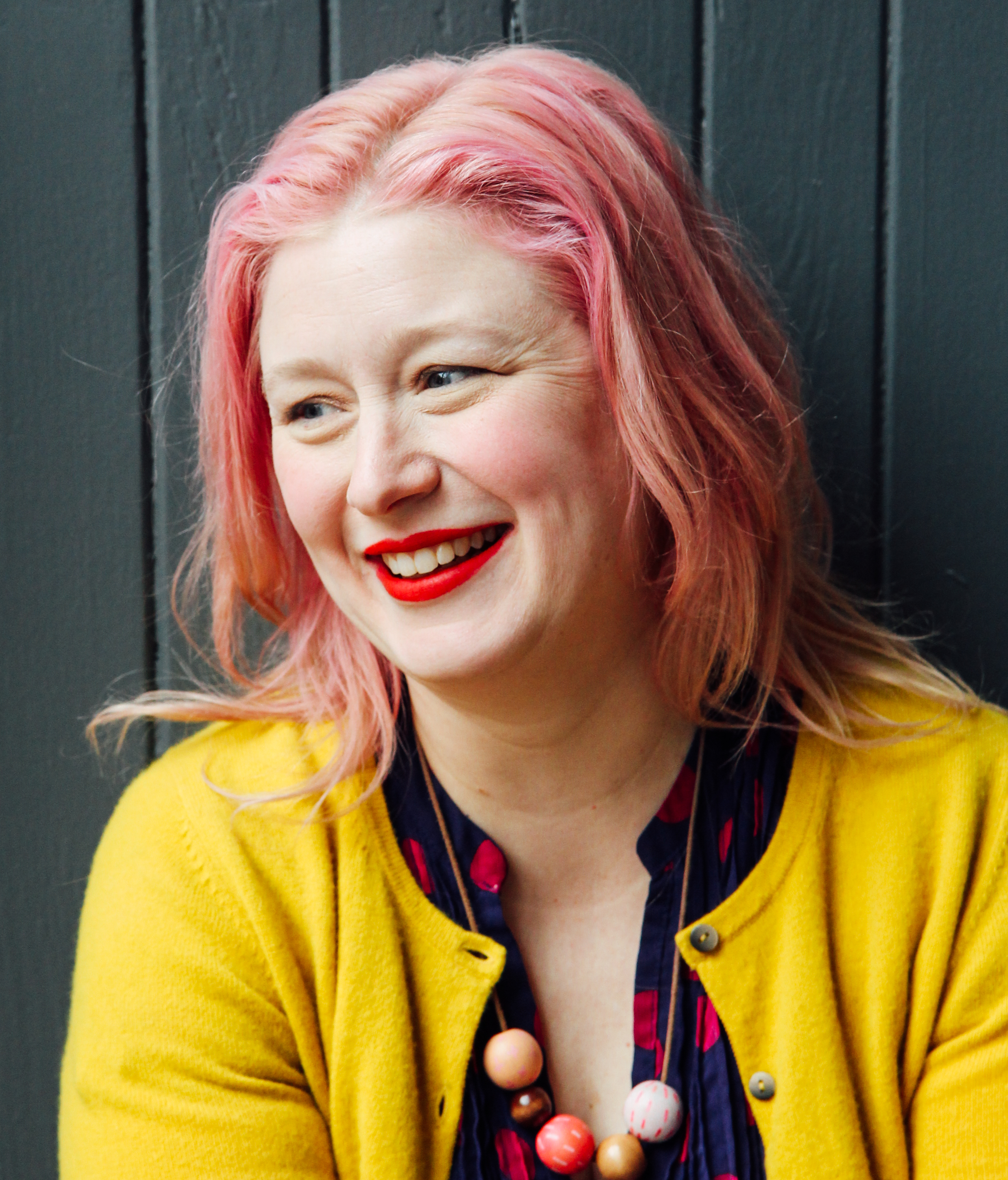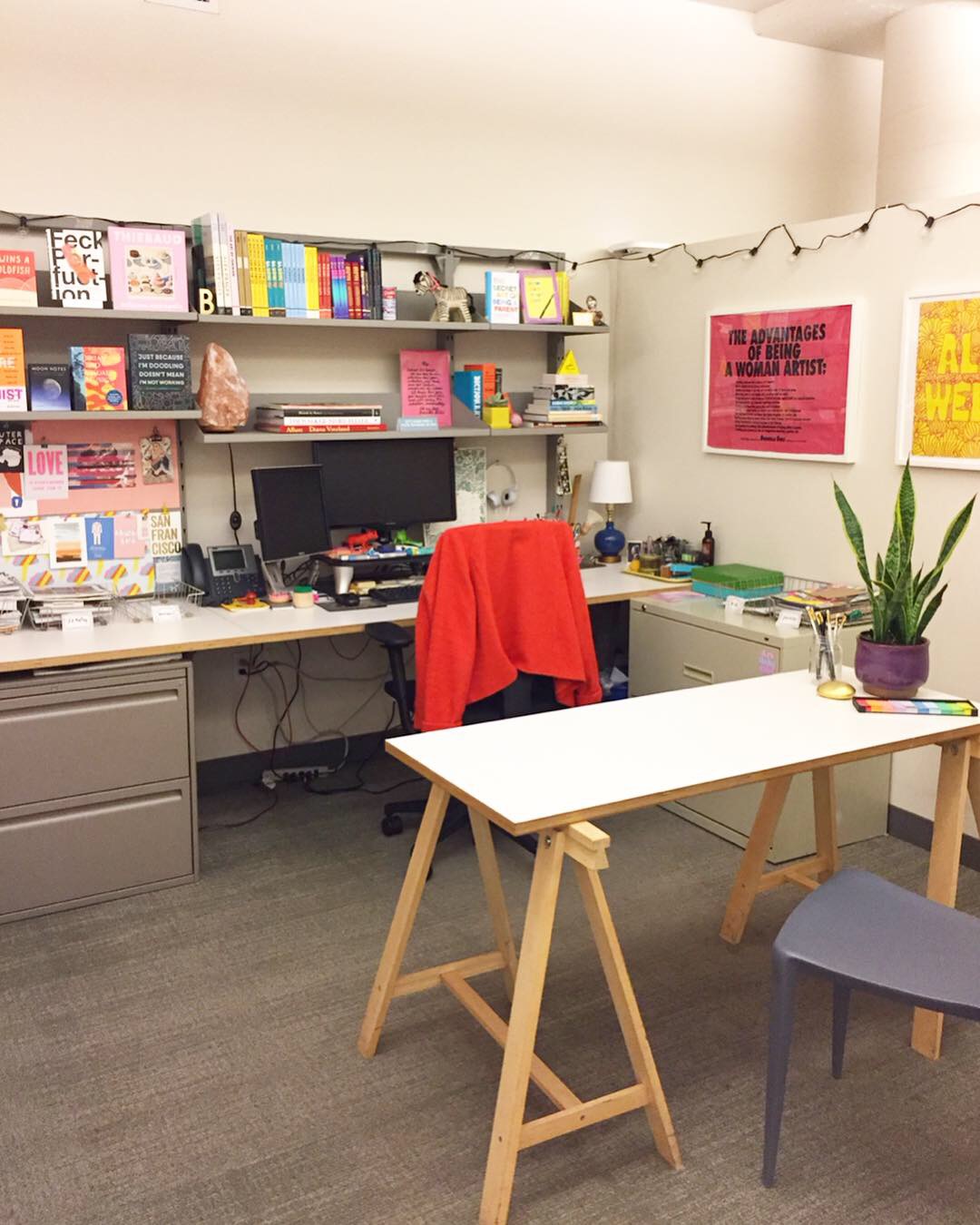
With almost 17 years in the publishing industry, you could say Bridget Watson Payne knows books. And if you love books, and want to make books, then make sure you attend her HOW Design Live lecture in Chicago this May where she intends to “open the windows” and shed light on what it takes to become an author.

Movin’ On Up
During all of her time at Chronicle Books, Watson Payne has had the privilege of getting to work on creative projects, where what she calls “creative thinking” is a natural part of the job, and with people she loves to work with—her Chronicle colleagues and countless authors and artists. Having started at Chronicle answering phones and moving her way up, eventually into the position of executive editor of art and design, she’s seen how the company functions from top to bottom, left to right, and as deep as you can go. Watson Payne values every position she’s ever had at Chronicle, including her time starting out, answering phones. “I don’t think there’s a better crash course in maintaining a professional demeanor than doing customer service. At the same time I really did start to learn the publishing business at that time as well. To this day I think I have a stronger grasp on our supply chain—how sales reps sell books, how the books travel from our warehouse to our customers, what some of our customers’ priorities and concerns might be—than I would if I had never held that first job.”
Watson Payne will bring her knowledge of and enthusiasm for books to HOW Design Live in May 2019, shedding light on what matters, what doesn’t, and why you might have an author hiding in you. “I think a lot of people’s rough understanding of how a book deal happens (what an advance and royalties are, for instance, or how and when you get a book contract from a publisher) is based either on something they’ve heard anecdotally about a famous author—a Stephen King or a John Grisham—or else a plot point in a TV show or film or novel where a character gets a book deal. There’s not a whole lot of readily available real info out there about how these things actually work. But it behooves everyone—publishers and potential authors alike—for this knowledge to be more widely disseminated.”

Bridget Watson Payne’s Office, Chronicle Books
The Gold Mine
Maybe you’re not an author first, something Watson Payne has seen before. Well, she’s got news for you. “Hardly anyone gets out of college and goes and gets a job as an author. A writer, maybe, but not an author.” Even if you don’t think you’re an author, chances are you have a book in you, or at the very least, you have the beginning of a book in you. So what does it take to become an author and get published? Start with what you know. Art? Design? Cooking? A picture book? Any one of those—or all of them—could be the place to start.
Whether you’re a designer, copywriter, teacher, artist, illustrator, analyst, or anything else, it shouldn’t matter. Your own experiences and interests matter—a possible springboard to becoming an author. One thing is certain: sitting around just thinking about it will not help you. Make it happen. Pitch your idea, according to Bridget Watson Payne, and most importantly, attend her HOW Design Live lecture to see and hear what she calls “nuggets of knowledge” from the publishing world.






